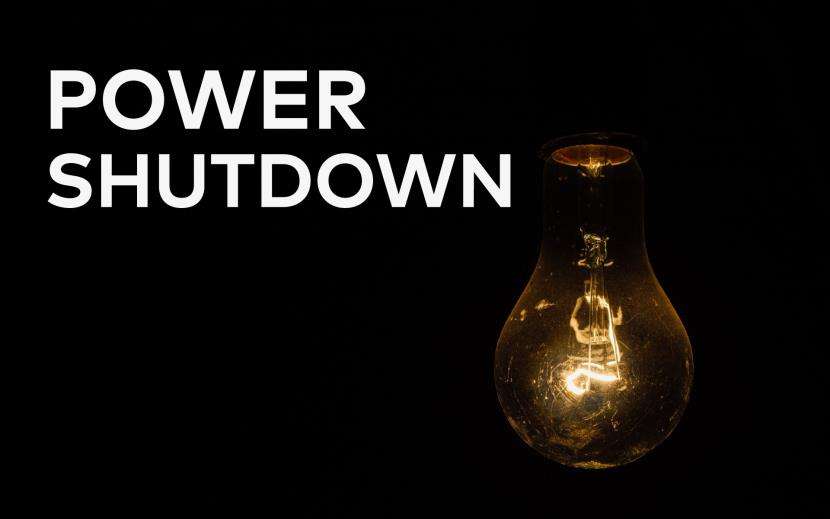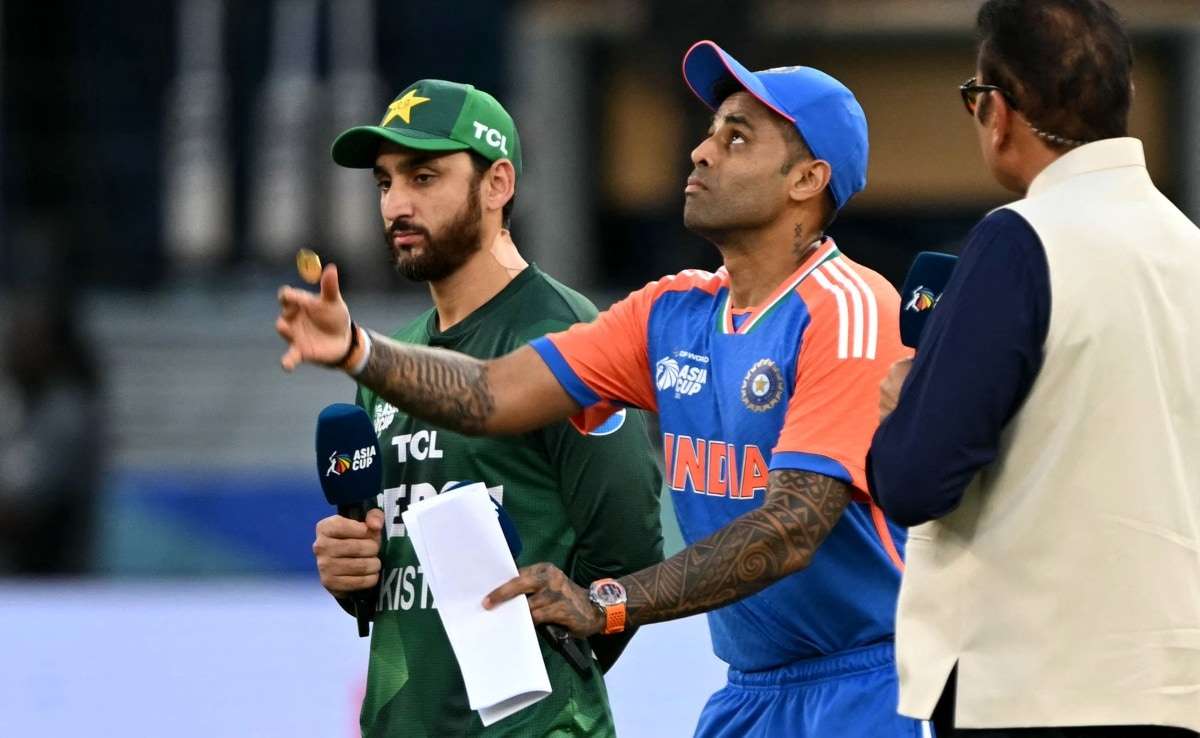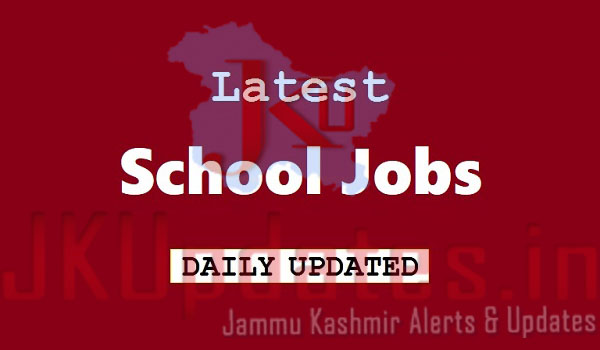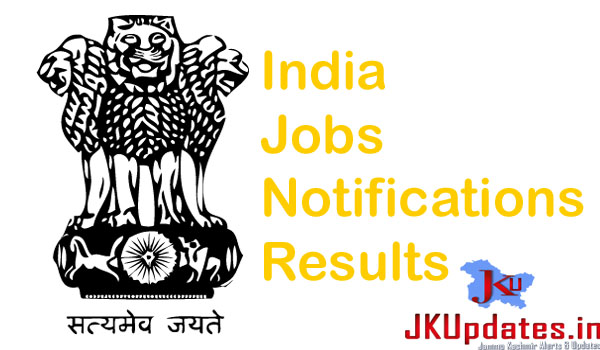7th December 2024 Daily Current Affairs
1. Which day is observed as Mahaparinirvan Diwas every year?
Correct Answer: C [December 6]
Notes:
Mahaparinirvan Diwas is observed on December 6 to honor Dr. Bhimrao Ramji Ambedkar on his death anniversary. This year marks the 68th death anniversary of Dr. Ambedkar. The day is observed at Chaitya Bhoomi in Mumbai, where followers gather to pay tribute. Dr. Ambedkar is known for his role in promoting social justice, equality, and drafting the Indian Constitution. “Mahaparinirvan” refers to the Buddhist concept of ultimate liberation from suffering and death. Dr. Ambedkar’s death anniversary is significant as he converted to Buddhism in 1956 with many followers.
Mahaparinirvan Diwas is observed on December 6 to honor Dr. Bhimrao Ramji Ambedkar on his death anniversary. This year marks the 68th death anniversary of Dr. Ambedkar. The day is observed at Chaitya Bhoomi in Mumbai, where followers gather to pay tribute. Dr. Ambedkar is known for his role in promoting social justice, equality, and drafting the Indian Constitution. “Mahaparinirvan” refers to the Buddhist concept of ultimate liberation from suffering and death. Dr. Ambedkar’s death anniversary is significant as he converted to Buddhism in 1956 with many followers.
2. Punatsangchhu II hydroelectric project, which was seen in the news, is located in which country?
Correct Answer: B [Bhutan]
Notes:
India and Bhutan discussed hydropower projects, including the nearing completion of the 1020 MW Punatsangchhu-II project. Punatsangchhu-II is a 1 GW run-of-the-river hydropower project in Bhutan’s Wangdue Phodrang district. Developed under an Inter-Government Agreement between Bhutan and India, it is funded by India with 30% grant and 70% loan. The project includes a 91m-high concrete gravity dam, a diversion tunnel, and two cofferdams. It will generate 4,357 million units of electricity annually, and ownership will transfer to Bhutan two years after commissioning.
India and Bhutan discussed hydropower projects, including the nearing completion of the 1020 MW Punatsangchhu-II project. Punatsangchhu-II is a 1 GW run-of-the-river hydropower project in Bhutan’s Wangdue Phodrang district. Developed under an Inter-Government Agreement between Bhutan and India, it is funded by India with 30% grant and 70% loan. The project includes a 91m-high concrete gravity dam, a diversion tunnel, and two cofferdams. It will generate 4,357 million units of electricity annually, and ownership will transfer to Bhutan two years after commissioning.
3. What is the name of the Public Distribution System (PDS) Supply Chain optimization tool launched by government of India?
Correct Answer: B [Anna Chakra]
Notes:
The Union Minister launched ‘Anna Chakra’ and SCAN portal to optimize the Public Distribution System (PDS) supply chain. Developed with the World Food Programme and IIT-Delhi, it uses advanced algorithms for route optimization and efficient food grain movement. It integrates with PM Gati Shakti and Railways’ FOIS portal, covering 4.37 lakh Fair Price Shops and 6700 warehouses. Optimization for 30 states shows potential cost savings of ₹250 crore annually. Benefits include faster food distribution, reduced logistics costs, lower fuel consumption, and reduced carbon emissions, supporting 81 crore beneficiaries under the world’s largest food security program.
The Union Minister launched ‘Anna Chakra’ and SCAN portal to optimize the Public Distribution System (PDS) supply chain. Developed with the World Food Programme and IIT-Delhi, it uses advanced algorithms for route optimization and efficient food grain movement. It integrates with PM Gati Shakti and Railways’ FOIS portal, covering 4.37 lakh Fair Price Shops and 6700 warehouses. Optimization for 30 states shows potential cost savings of ₹250 crore annually. Benefits include faster food distribution, reduced logistics costs, lower fuel consumption, and reduced carbon emissions, supporting 81 crore beneficiaries under the world’s largest food security program.
4. What is the primary objective of Global Strategy for Resilient Drylands (GSRD) initiative launched at UNCCD COP16?
Correct Answer: B [Enhance food security, conserve biodiversity, and build resilient livelihoods in drylands]
Notes:
The Consultative Group on International Agricultural Research (CGIAR) launched its 2030 Global Strategy for Resilient Drylands (GSRD). The initiative is led by CGIAR centers International Center for Agricultural Research in the Dry Areas (ICARDA) and International Crops Research Institute for the Semi-Arid Tropics (ICRISAT). The initiative focuses on food security, biodiversity conservation, and resilient livelihoods. It targets 2.7 billion people living in drylands, especially in Asia and Africa. The strategy was launched at COP16 in Riyadh, after consultations with national research organizations, governments, private sector, and civil society. It aims to address the specific needs of different dryland regions and enhance sustainability and resilience in these areas.
The Consultative Group on International Agricultural Research (CGIAR) launched its 2030 Global Strategy for Resilient Drylands (GSRD). The initiative is led by CGIAR centers International Center for Agricultural Research in the Dry Areas (ICARDA) and International Crops Research Institute for the Semi-Arid Tropics (ICRISAT). The initiative focuses on food security, biodiversity conservation, and resilient livelihoods. It targets 2.7 billion people living in drylands, especially in Asia and Africa. The strategy was launched at COP16 in Riyadh, after consultations with national research organizations, governments, private sector, and civil society. It aims to address the specific needs of different dryland regions and enhance sustainability and resilience in these areas.
5. Sonai-Rupai Wildlife Sanctuary is located in which state?
Correct Answer: A [Assam]
Notes:
The Assam Forest Department captured the first photographic evidence of a Royal Bengal Tiger in Sonai-Rupai Wildlife Sanctuary. Sonai-Rupai Wildlife Sanctuary, located in Assam, spans 175 sq. km and was established in 1998. Situated at the foothills of the Great Himalayan Range, it features diverse landscapes and rich biodiversity. The sanctuary is bordered by Gabhoru and Panchnoi rivers, Rowta reserve forest, and Kameng reserve forest in Arunachal Pradesh. It includes four perennial rivers—Dolsiri, Gabharu, Gelgeli, and Belsiri—and wetlands called “bheels.” The region has a subtropical climate with hot summers, heavy rains, and seasonal flooding.
The Assam Forest Department captured the first photographic evidence of a Royal Bengal Tiger in Sonai-Rupai Wildlife Sanctuary. Sonai-Rupai Wildlife Sanctuary, located in Assam, spans 175 sq. km and was established in 1998. Situated at the foothills of the Great Himalayan Range, it features diverse landscapes and rich biodiversity. The sanctuary is bordered by Gabhoru and Panchnoi rivers, Rowta reserve forest, and Kameng reserve forest in Arunachal Pradesh. It includes four perennial rivers—Dolsiri, Gabharu, Gelgeli, and Belsiri—and wetlands called “bheels.” The region has a subtropical climate with hot summers, heavy rains, and seasonal flooding.










